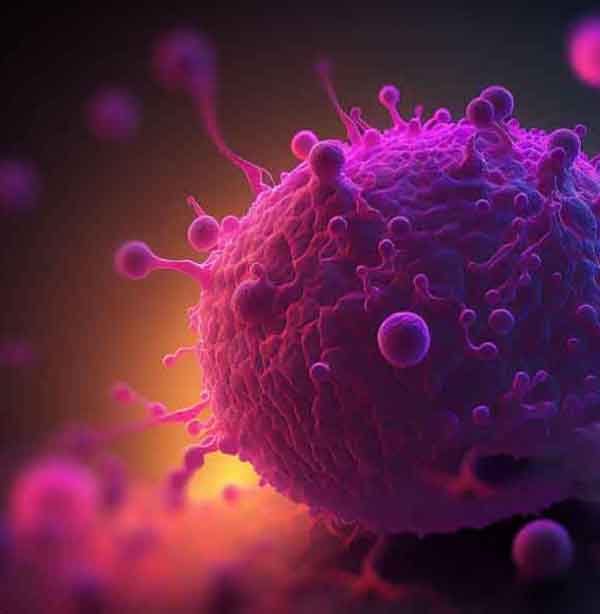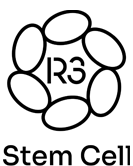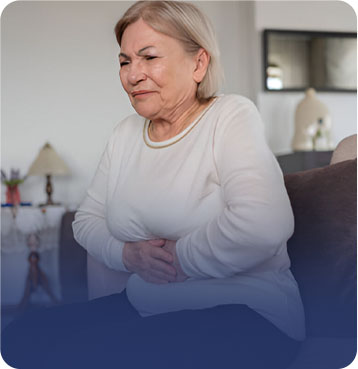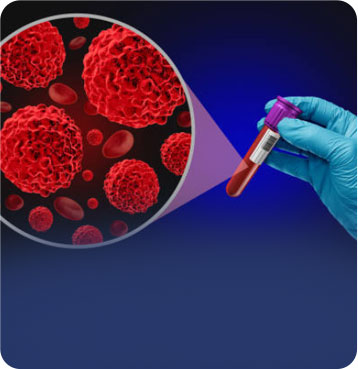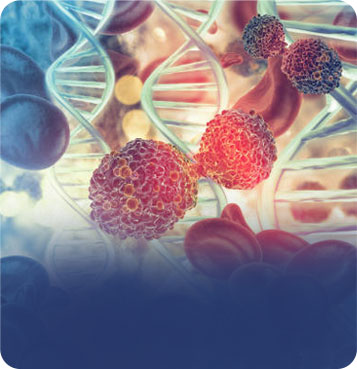What We Do
Our Treatments
Our Treatments
Allogeneic
(Donor)
Donor NK cells are amazingly effective immunotherapy and safe for many types of cancer and viral infections. Many patients in the midst of conventional treatment have very low NK cell numbers, so the donor cells offer an innovative adjuvant therapy.
Autologous
(Self)
For individuals with adequate native NK cells, R3 will expand them in its GMP, ISO Certified Labs. Then hundreds of million autologous NK cells will be applied!
NK for
Cancer
Natural killer cells provide an excellent adjuvant therapy for many types of cancer. They have been shown to work very well for eliminating residual cancer cells.
NK for Cancer Prevention
Many individuals desire prophylactic cancer therapies such as immunotherapy with natural killer cells that are non-toxic. Especially when they have a genetic predisposition for certain types of cancer.
NK for Viral Infections
Since NK cells eliminate viral pathology along with cancer cells, they work very well for those with Herpes Zoster, Hepatitis, HIV, and Epstein Barr Virus.
Allogeneic (Donor)
Allogeneic Natural Killer Cell Therapy with R3 Stem Cell
Does NK Cell Therapy work for other conditions besides cancer?
NK cells have shown promise not only in cancer treatment but also in the control and elimination of various pathogens. Their ability to recognize and destroy infected or altered cells makes them valuable in combating several viral diseases.
Notable viral diseases where NK Cell Therapy may help considerably:
- Herpes Zoster
- Human Immunodeficiency Virus (HIV)
- Hepatitis C
- Epstein Barr Virus
How does NK Cell Therapy work?
NK cells have the ability to recognize cells with abnormally low levels or absence of Major Histocompatibility Complex class I (MHC I) molecules. Normal, healthy cells present MHC I on their surface, which normally protects them from NK cell action. When cells present low levels of MHC I, as occurs in many tumor cells or cells infected by viruses, NK cells can recognize and attack these abnormal cells.
Due to this recognition mechanism, NK cells are designed to target and eliminate tumor or infected cells without damaging normal cells in the body. The absence of MHC I on abnormal cells serves as a signal for NK cells to initiate their cytotoxic action. This process ensures that NK cell therapy focuses on problematic cells and not on healthy ones.
The specificity of NK cells for low MHC I cells minimizes the risk of adverse effects on normal cells, enhancing the safety of allogeneic therapies.
Despite NK cells’ intrinsic ability to differentiate between normal and abnormal cells, continuous monitoring during treatment is essential to detect any possible adverse effects and adjust doses or protocols as needed.
As part of the innate immune system, NK Cells do not require prior exposure (unlike B and T lymphocytes). They use 2 main mechanisms to eliminate cells:
Direct mechanism: Release substances that create pores in the target cells’s surface (Granzymes and Perforins)
Indirect mechanism: Send signals through surface molecules that force the target cell into cell death processes (FAS and TRAIL death receptors).
When should NK Cell Therapy be performed as an adjuvant cancer treatment?
Pre-Surgery: NK cells may reduce tumor mass or improve response to subsequent treatment.
Immediately Post-Surgery: NK cell immunotherapy can reduce residual cells or prevent recurrences.
One Week After Chemotherapy: Administration can be done after recovery from chemotherapy but before the disease could progress. It is important to note that chemotherapy could eliminate or significantly affect the effectiveness of NK cells.
What is the NK Cell Treatment protocol at R3?
Currently, R3 offers NK Cell Treatment in Tijuana, Mexico as the 5 Day NK Stay.
The program includes the following regimen:
Day 1: First NK Cell intravenous infusion (100 million NK Cell minimum)
Day 2:
Day 3: 2nd NK Cell intravenous infusion (100 million NK Cell minimum)
Day 4:
Day 5: 3rd NK Cell Intravenous Infusion (100 million NK Cell minimum)
Patients are monitored overnight and may return home on the 6th day.
How well does NK Cell Therapy work for cancer?
Patients with Early or Intermediate Diagnosis:
In these cases, the success rate is significantly higher. Expected outcomes range from a considerable reduction in tumor size to complete elimination.
Patients in Terminal Stage:
The success rate is influenced by the type of tumor and the patient’s overall condition. Expected results are generally more conservative and may include improvement in quality of life and partial reduction of the tumor.
Metastatic tumors tend to be the first to respond to treatment, showing a faster reduction or elimination compared to other types of tumors.
Is it safe? What are the side effects?
The safety of NK cells, especially in allogeneic therapy, is supported by their ability to distinguish between normal and abnormal or infected cells, thanks to their recognition mechanism based on MHC I.
Typical side effects seen have been mild to moderate and include:
- Low grade fever
- Headache
- Chills
- Nausea
- Dizziness, lightheaded
In our experience, these resolve within 24 hours and can be managed with over-the-counter analgesics and antipyretics.
How does R3 evaluate the NK Cells prior to treatment?
The NK Cells are obtained from leukocyte concentrates from health donors, with testing for many diseases such as Brucella, T. cruzi, Hepatitis B/C, HIV and Syphilis.
The cellular evaluation utilizes flow cytometry to ensure:
Purity (NK Cell Population only)
Safety (without T or B lymphocytes that could cause adverse effects)
Quality (Mature CD16+ cells
Efficiency (Cytotoxic CD16+ and active NKG2D+ cells)
What research backs up NK Cell Therapy?
What is the pricing for a full NK Cell treatment program?
Autologous (Self)
Autologous Stem Cell Transplants
Autologous Donations
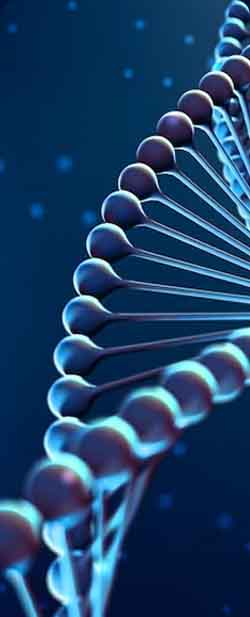
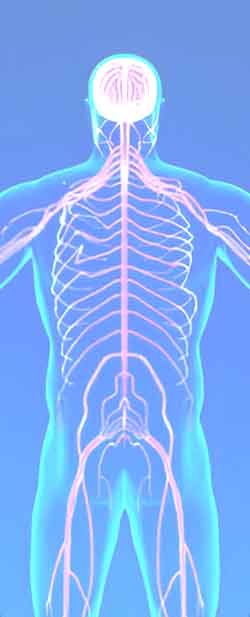
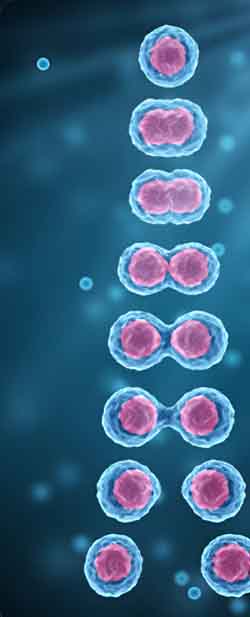
TREATMENT PROGRAM FOR NATURAL KILLER CELL THERAPY
Schedule Now+1 (844) 4NK-CELL
NK For Cancer
Clinical Protocol With Natural Killer Cells
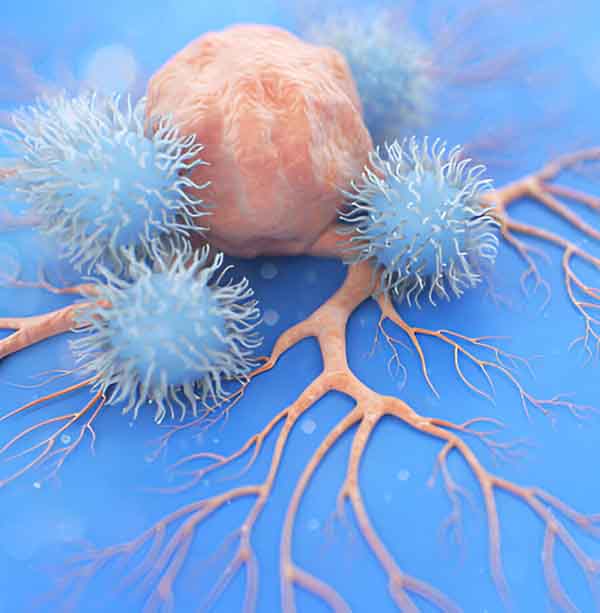
- 1. First, we must remember that each case is unique, since it will depend on factors such as:
- a) Type of cancer
- b) Stage of the disease
- c) General condition of the patient d) Presence or absence of metastasis
- 2. The minimum amount of Natural Killer Cells suggested for a patient is 2 million NK cells per Kg in a period of no more than 30 days. R3 Stem Cell offers a treatment program as a Three or Five Day NK Stay, where two or three infusions are performed with a day in between each procedure. If a person wants to travel monthly, the treatments can be separated by a few weeks.
- 3. Once the number of NK cells necessary for a patient has been established and the procedure scheduled, R3’s lab will begin NK cellular production. In Mexico, R3’s lab utilizes donor NK Cells (allogeneic). In Pakistan, R3’s lab uses the patient’s own NK cells (autologous).

- 4. Treatment with NK cells require more than one application to guarantee its optimal function, the
recommended time to begin to observe results is variable:
- a) In patients with better general health, improvements can be observed in the second month
- b) In patients with a compromised general health, results can be extended from the 4th to the 5th month.
- 5. Follow-up laboratory tests are recommended in the third month.
- 6. After the first 3 months, the number of cells applied can be repeated.*However, increasing the number of cells does not guarantee that the effect
obtained will be proportionally amplified.
- a) Considering that the patient shows significant improvements, the amount or frequency of cells applied could be increased.
- b) If the opposite is the case, that is, if the patient does not show a significant improvement, the number of cells applied could be increased by 50% or doubled to seek a greater impact.
- 7. The treatment can be applied safely for as long as the doctor determines. Even once total elimination has been achieved, doses of 100 million could be applied as support every 2 months.
Natural Killer Cell therapy is not meant to replace traditional cancer treatments. Rather, it is a fantastic adjuvant to amplify the benefits towards a remission, tumor reduction, etc. impact.
